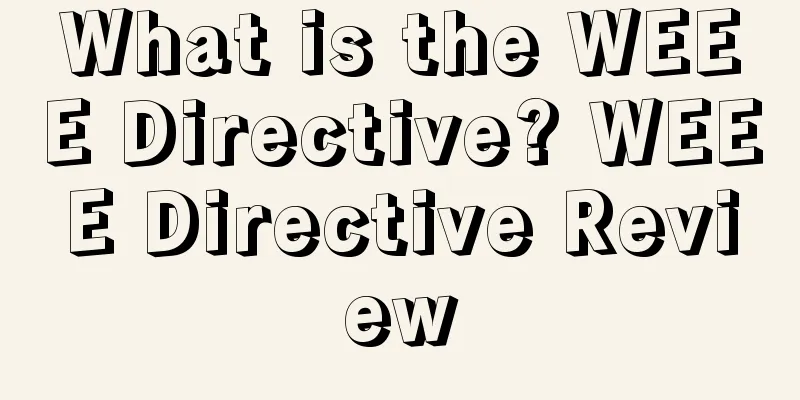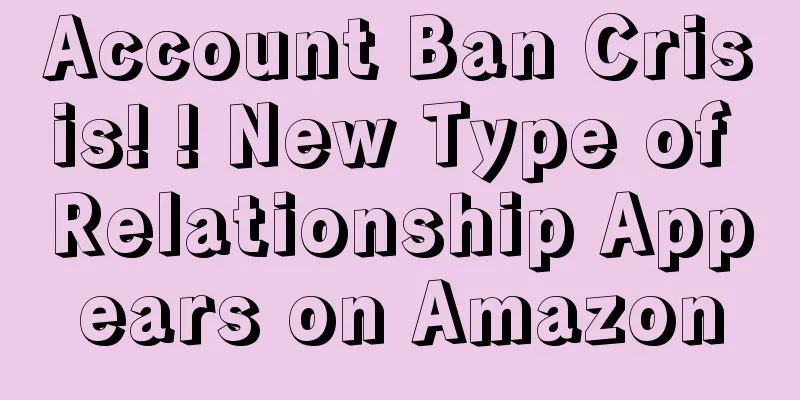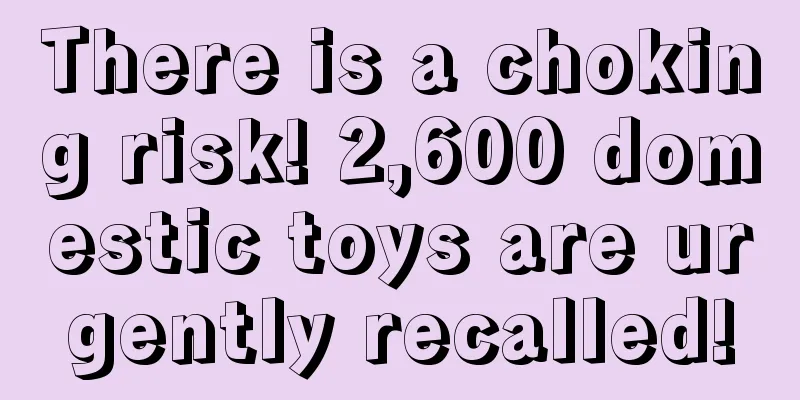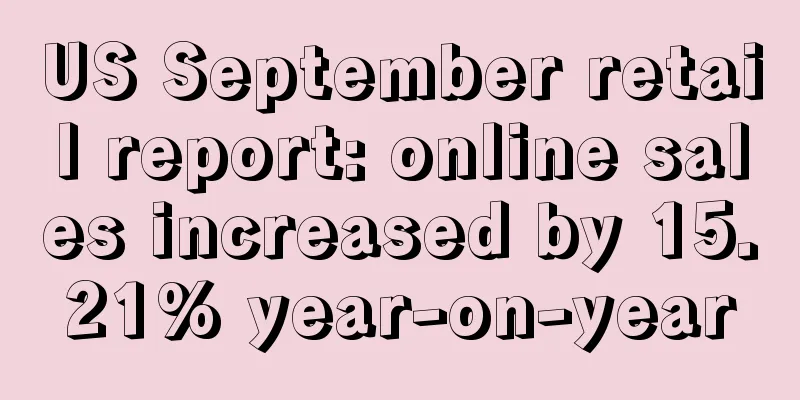What is the WEEE Directive? WEEE Directive Review

The WEEE Directive refers to the European Parliament and the Council's Directive on Waste Electrical and Electronic Equipment. English: Waste Electrical and Electronic Equipment Chinese: Waste Electrical and Electronic Equipment Directive effective date: February 13, 2003background The rapid development of information technology has brought comfort and convenience to human beings, but the waste of related electronic and electrical products has increased day by day. In order to properly deal with these huge amounts of electronic and electrical waste and recycle precious resources, the European Union passed two directives in 2002 that have a significant impact on electronic and electrical equipment products, namely the WEEE and RoHS directives. In addition to the European Union, countries around the world are actively formulating environmental protection laws and regulations in order to minimize the content of harmful substances in waste and require manufacturers or suppliers to shoulder relevant responsibilities to reduce the impact on the environment. OverviewAccording to the WEEE Directive, from August 13, 2005, manufacturers of electronic and electrical equipment circulating in the EU market must bear the legal responsibility of paying for the recycling of their own scrapped products. At the same time, EU member states are obliged to formulate their own electronic and electrical product recycling plans and establish relevant supporting recycling facilities so that end users of electronic and electrical products can dispose of scrapped equipment conveniently and free of charge. Scope of applicationLarge household appliances; small household appliances; IT and communication equipment; consumer electronic and electrical equipment; lighting equipment; electronic and electrical tools (except large fixed industrial tools); toys, leisure and sports equipment; medical equipment; testing and control instruments; vending machines. Excluded: Equipment, weapons, munitions and war materials related to the vital security interests of member states WEEE recycling symbolWEEE Certification Process1. Submit your application; 2. Germany issues a contract and fee details. After confirmation, proceed to the next step; 3. Germany issues a formal quotation, and the next step is to pay the fee; 4. Case acceptance letter; 5. Formal registration is completed. ——EAR has reviewed and issued the WEEE code, and entered the German electronic recycling computer query system. What producers need to do1) Product inspection Check whether the product falls within the scope of WEEE Directive certification Check whether the product should be discarded 2) Comply with financial responsibility regulations · Establish an independent program or identify waste disposal options · Contract with waste disposal schemes where appropriate 3) If you do not participate in the waste disposal program, you should: · Manage the transportation of waste electrical and electronic equipment collected from designated collection points Find and sign a contract with a registered transport company · Organize the collection of waste electrical and electronic equipment from B2B customers and bear the associated costs · Manage the disposal of waste electrical and electronic equipment and find disposal service providers or recyclers to sign disposal contracts 4) Report · Provide annual certification to relevant authorities as evidence of fulfillment of obligations · Provide data on the value of listed products to central agencies annually Keep records · Collect statistics on reuse/recycling and report to the executive agency on a quarterly basis WEEE Implementation TimelinePublished in the official journal on February 13, 2003 It became a formal national law on August 13, 2004 It was officially implemented on August 13, 2005. By December 31, 2006, EU member states should ensure that the collection, recovery and recycling targets for waste electrical and electronic equipment are met; By December 31, 2008, EU member states should establish new targets for collection, recovery, reuse and recycling. WEEE Directive Competent Authority EAREAR discovers illegal activities/German Environmental Protection Association/competitors directly file complaints with EAR: The following situations may occur 1. Fine: up to 100,000 Euros 2. Confiscation: All profits currently in Germany 3. Direct prohibition: sales 4. Appoint a lawyer: and apply for court proceedings. developOn December 3, 2008, the European Union issued a proposal to amend the WEEE Directive (2002/96/EC) and the RoHS Directive (2002/95/EC). On September 3, 2009, the Secretariat of the Council of the European Union submitted new draft revisions of the RoHS Directive and the WEEE Directive to representatives of the EU member states. The new draft revisions reinserted Annex IA and Annex IB (categories of electrical and electronic equipment and lists of products in each category) and clarified and supplemented other contents. On January 19, 2012, the European Parliament voted to approve the amendment to the Waste Electrical and Electronic Equipment Directive (WEEE Directive). EU Directive 2012/19/EC will require manufacturers to transition to a public scope and gradually establish recovery and recycling targets for all categories of electrical and electronic equipment. French station requirementsThe French WEEE recycling system will officially start operating on November 15, 2017. At that time, French consumers can send their discarded electronic and electrical equipment to dealers or local recycling points for recycling. On August 12 this year, France officially published four recycling systems approved by the competent authorities in the official journal, allowing them to officially operate on November 15. Among them, Ecologica, Eco-systems and ERF will be responsible for the recycling of other waste electronic appliances that do not use lighting sources, while lighting sources will be recycled by Recyclum. In order to comply with the requirements of the French WEEE Directive, manufacturers of electronic and electrical products can join any of the above-mentioned recycling systems. Hot Events (German Market)OriginElectronic recycling laws play a vital role in protecting soil pollution and groundwater. All electronics manufacturers in Germany were required to register as early as 2005. As Amazon's strategic position in global business continues to improve, foreign electronic devices continue to pour into the German market through Amazon. In response to this situation, on April 24, 2016, the German Environmental Protection Department issued a law specifically targeting e-commerce, requiring Amazon to notify foreign e-commerce companies selling on the Amazon platform to register for electronic device recycling. Before obtaining the WEEE electronic device recycling code, Amazon must order merchants to stop sales. as a result of1. If the product does not have a trash can with a slash through it printed on it, or if the product is not registered for recycling in Germany, the competitor will entrust a German lawyer to send a letter to Amazon, requesting that it stop selling the company's products, and apply for court proceedings to destroy all of the company's products on Amazon. 2. The listing is directly banned by Amazon. References
|
<<: What is Work with Amazon Alexa? Work with Amazon Alexa Review
Recommend
Amazon sellers need to be careful of "phishing" emails!
Amazon issued a notice stating that there has been...
Amazon is testing a new feature! Can you automatically request reviews with one click? !
Now, fake orders and reviews are being severely c...
The two methods with the highest success rate in modifying your brand!
Many people have probably experienced malicious br...
Amazon off-site promotion questions collection
The premise of our promotion is that the listing i...
What are the key points of Amazon boutique operation?
The key to successfully running an Amazon store li...
Big changes to US tariffs! This category has been fully exempted
In the past two days, the US FTC has released a ve...
Q2 US home furnishing market trends, what impact will the bankruptcy of 3B home furnishing giants have?
It is learned that recently, YipitData released re...
The BNPL market is hot! BigCommerce and Sezzle partner to launch BNPL services!
<span data-shimo-docs="[[20,"获悉,近日BigComme...
Shopify launches 100+ product enhancements for Editions showcase!
Shopify has launched a series of major platform u...
What is Prime Pantry Box? Prime Pantry Box Review
Prime Pantry Box is a service launched by Amazon s...
What is Spinnerchief? Spinnerchief Review
Spinnerchief is a very powerful pseudo-original so...
A large number of BS products have been removed from the shelves! Is Amazon rectifying multiple categories?
▶ Video account attention cross-border navigation ...
Demand for furniture and home goods in the U.S. is rising, up 16% in five years
<span data-shimo-docs="[[20,"获悉,据Giving As...
Does blindly pursuing low Acos limit the development of links? Will the company's requirement to check daily Acos dampen the enthusiasm of operators to promote new products?
Anonymous user My C position Our company has start...
What is Best Match? Best Match Review
Best match is a default search result sorting meth...









